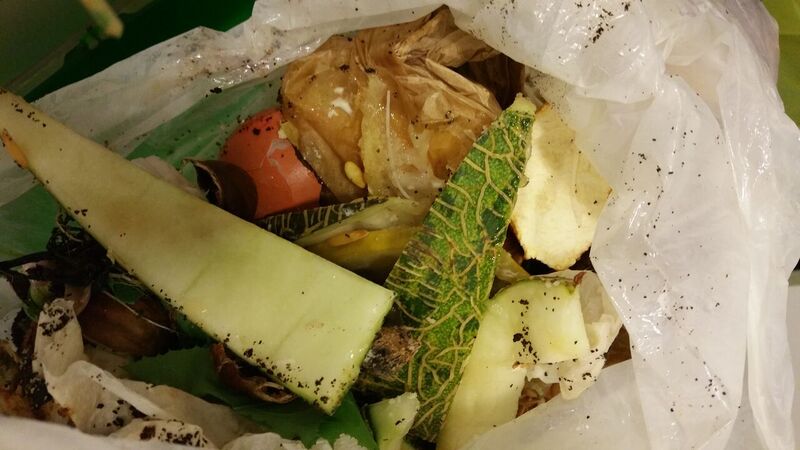After an extensive survey conducted during spring 2017 in 6 European countries, thanks to the Hamburg University of Technology, its results are now available for public.
The survey was conducted by DECISIVE partners namely ACR+, IRSTEA, Hamburg University of Technology, REFARMERS, Aarhus University, Innovative technological systems and Fundació ENT in Denmark, germany, Belgium, France, Italy and Spain. The survey itself consists of three main parts: the identification of factors important for biowaste collection, the evaluation of the current biowaste collection in Europe, and the provision of a framework on biowaste collection chains for decentralised valorisations. The focus of the study was set on food waste from households and catering, since both waste types are actually underutilised, available in most locations, and suitable as feedstock for the decentralised micro-scale anaerobic digestion facilities, which are the anticipated valorisation unit within DECISIVE.
Waste collection involves many different stakeholders and a multifaceted infrastructure. Hence, many environmental, social and technical factors and their interactions have to be considered as well as the status quo on waste collection for the implementation of decentralised systems. The Spanish region of Catalunya was exemplarily evaluated in more detail. The review revealed significant differences not only between countries, but also between regions and municipalities. Door-to-door as well as bring systems are applied and the components, which are allowed in- or excluded from biowaste, vary partly strongly. Biowaste collection chains for decentralised systems consist principally of three levels, namely the “biowaste level”, the “biowaste generator level”, and the “biowaste caretaker level”. The “biowaste level” focuses on the origin and the properties of locally available biowaste types such as food waste from households and catering as well as green waste from private and public land. The “biowaste generator level” tackles the first storage and collection at the waste generator site, e.g. in the household or the garden. The second storage, collection and third storage represent parts of the “biowaste caretaker level”. The three levels are interdependent. A multitude of options for implementation of collection chains exist and many possible elements for all levels were introduced. For transition to decentralised biowaste management systems each location must be evaluated singularly and individually.
The survey represents an important step towards the development of the DECISIVE decision-support-tool which aims at supporting local stakeholders on the implementation of urban biowaste collection solutions connected with a decentralised micro-scale anaerobic digestion unit.
The outcomes of the survey can be downloaded here in form of an extensive report.

